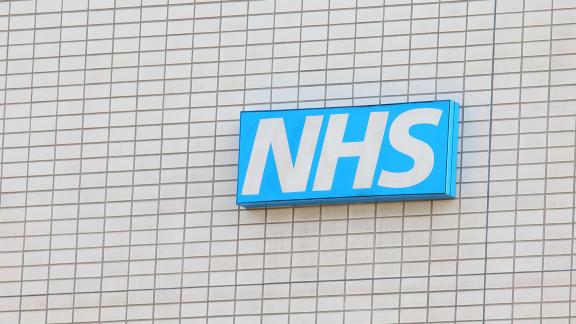Public Accounts Committee’s inquiry into clinical commissioning groups: NHS Clinical Commissioners' written evidence

We submitted written evidence to the Public Accounts Committee’s inquiry into clinical commissioning groups, which was called after the National Audit Office report ‘A review of the role and costs of clinical commissioning groups’ was published in December. The inquiry sought to explore ongoing funding pressures on CCGs, as well as the current and future role of CCGs.
Key points
- Clinical commissioning is an essential feature of the NHS in England. CCGs successfully respond to the needs of their populations, engage with their local clinicians, and steward the limited NHS pound to deliver improved health outcomes.
- The vast majority of CCGs are performing well. As the National Audit Office notes, CCG performance (both financially and according to the CCG Improvement and Assessment Framework) does vary – but this reflects both the wider pressures on the NHS and often historic difficulties in local health economies.
- CCGs are doing more for less – their role has been changing since they were formed, and the amount they spend on their running costs has decreased.
- The NHS landscape is evolving and the role of clinical commissioners must be at its heart. Retaining a clinical commissioning function in emerging systems (ICS and STPs) and at the more local ‘place’ level will be crucial.
- Our members have flagged that there are some potential barriers to achieving integration of health services. We believe there are several ways these could be addressed to facilitate further collaborative working between commissioners and providers in a local area, thereby creating a better service for their patients.



